This is the first of
a two-course sequence in Anatomy & Physiology exploring the structure and function of the human body and
related homeostatic mechanisms. Topics covered include body organization, and the integumentary, skeletal, muscular and nervous systems. The laboratory portion focuses largely on
anatomical identification, dissection and microscopy skills. The course
prepares students for further studies in health- related fields and physical education.
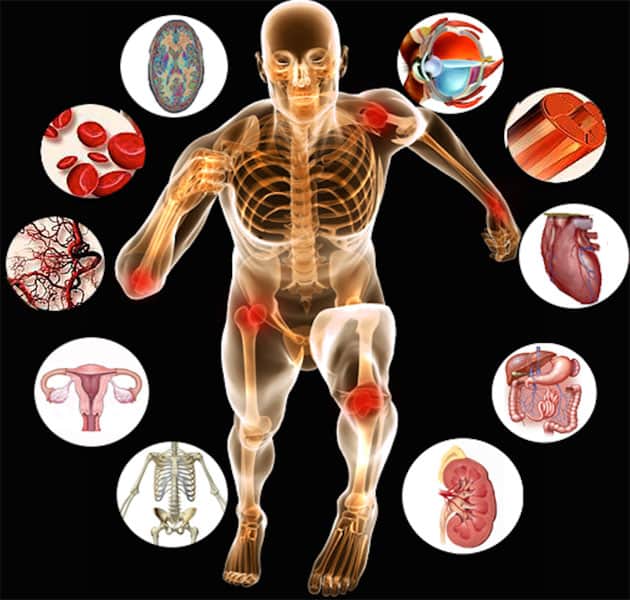
- Lecturer: Stephanie Russ Penn
This upper-level course covers population ecology, community interactions, animal behaviour, ecosystems ecology, the biosphere, and human impacts on ecosystems. Contemporary issues such as population growth, deforestation, pollution, atmospheric changes, and sustainable agriculture are discussed. The laboratory portion of this course affords students practical experiences in topics covered. Most exercises take place in the field. Students are required to design individual studies using quantitative methods to study ecological problems. A variety of BVI ecosystems will be studied in depth. (Prerequisites: BIO 102 or BIO 112 minimum grade C and completion or concurrent enrolment in MAT 113 )

- Lecturer: Orville Phillip
This is an introductory, field-oriented course for non-science majors. It meets the General Education Science requirement for an associate degree at HLSCC. Students gain a practical understanding of ecosystems diversity on BVI. Saturday field sessions are scheduled throughout the semester. Students study the plants and animals that make up various habitats, including wet and dry forests, salt ponds, mangrove forests, scrub-land, sea grass beds, and coral reefs. (Prerequisites: all Pre-college Mathematics and English must be completed)
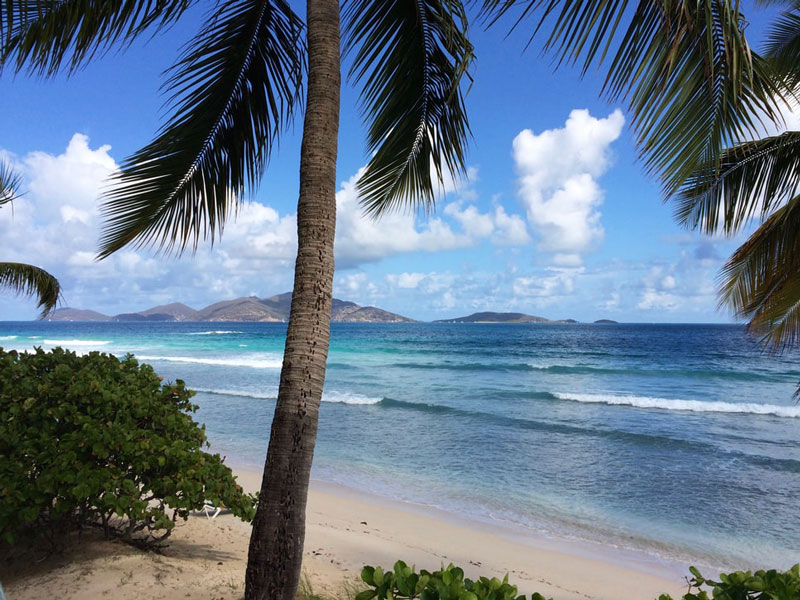
- Lecturer: Orville Phillip
This course provides basic science skills at the pre-college level in Biology, Chemistry and Physics. It is intended to provide a foundation for further studies in college-level science. Areas of study in Biology include classifications of living organisms, cells, energy and respiration, plants and photosynthesis, sexual and asexual reproduction and an introduction to DNA .In Chemistry, topics include atoms, molecules, chemical equations, empirical formula and moles. In Physics, students will focus on matter and energy, the solar system and electricity and magnetism. Laboratory exercises are designed to reinforce class lectures as well as to develop basic laboratory skills. (Prerequisite: High School Certificate Level B Pass/CXC Basic Pass in Integrated Science or Biology or Chemistry or Physics)
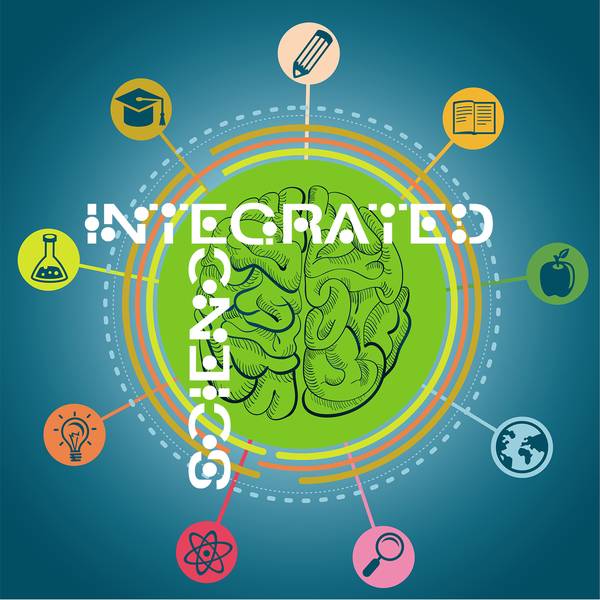
- Lecturer: Lenette Lewis
This is the first of two courses in the General Biology series. Students gain an understanding of biological chemistry, plant and animal cell biology, cell metabolism, genetics and inheritance, biological variation, population genetics, natural selection, and evolutionary theory. The laboratory portion of his course affords students practical experiences in the topics covered in class. Exercises include both laboratory and field studies. Students are taught microscopy, scientific methods, data collection, data analysis and report writing. (Prerequisite: SCI 050 or High School Certificate Grade 1 Level A-Pass in Biology or CXC General Biology grade III or GCE Biology grade C. Also, all pre-college Mathematics and English must be completed)
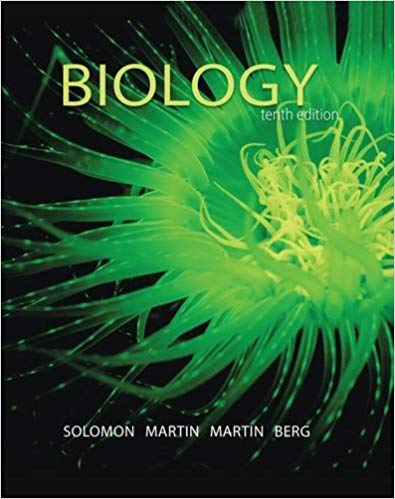
- Lecturer: Lenette Lewis
- Lecturer: Orville Phillip
This course introduces the student to the modern concepts of the nature of the atom, chemical bonding and molecular structure, chemical equations, stoichiometry, thermo chemistry, the periodic table, periodicity, gases and the gas laws. In the laboratory, the student is introduced to modern practices and techniques related to topics discussed in class. (Prerequisite: SCI 050 or High School Certificate Grade 1 Level A Pass in Chemistry or CXC General /GCE Chemistry Pass an School and High School Certificate Grade1 Level A-Pass in Mathematics or CXC General Mathematics grade III or GCE Mathematics grade C).
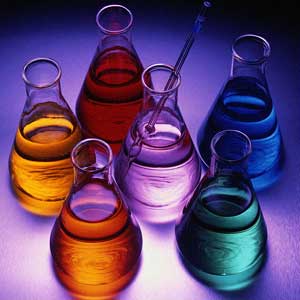
- Lecturer: Ayanna Hogan
This course (non-calculus based) introduces the student to mechanics (kinematics in one dimension, forces and Newton’s Laws of Motion, work and energy), heat and thermodynamics (temperature and thermal expansion, heat energy and phase changes, transfer of heat energy, the Ideal Gas Law and kinetic theory). Emphasis is placed on problem solving. (Prerequisites: SCI050 or High School Certificate Grade 1, Level A Pass in Physics or CXC Physics General Proficiency, Pass or GCE O' level Physics Pass, and MAT108, 110 or 115)
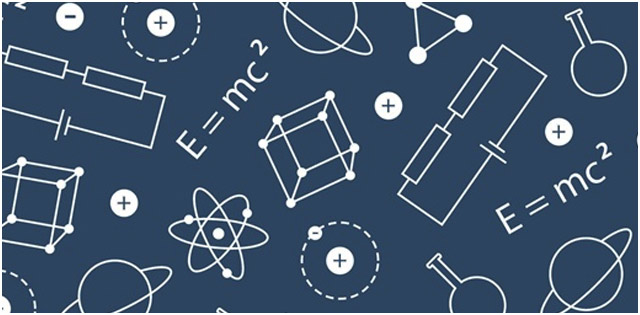
- Lecturer: Ivana Gomes
The following course is designed to familiarize students with the functioning of the human body and the fundamentals of nutrition. The first part of the course will explore human physiology, including the functioning of the major systems and the mechanisms used by the body for defence against disease. Special emphasis will be on those diseases prevalent in the BVI. The second part of the course explores the fundamentals of nutrition and the ways in which nutrition affects health. (Prerequisites: all Pre-college Mathematics and English must be completed)
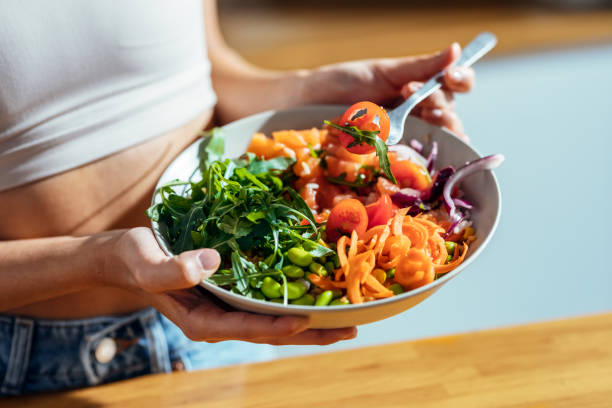
- Lecturer: Stephanie Russ Penn
The following course is designed to familiarize students with the functioning of the human body and the fundamentals of nutrition. The first part of the course will explore human physiology, including the functioning of the major systems and the mechanisms used by the body for defence against disease. Special emphasis will be on those diseases prevalent in the BVI. The second part of the course explores the fundamentals of nutrition and the ways in which nutrition affects health. (Prerequisites: all Pre-college Mathematics and English must be completed)
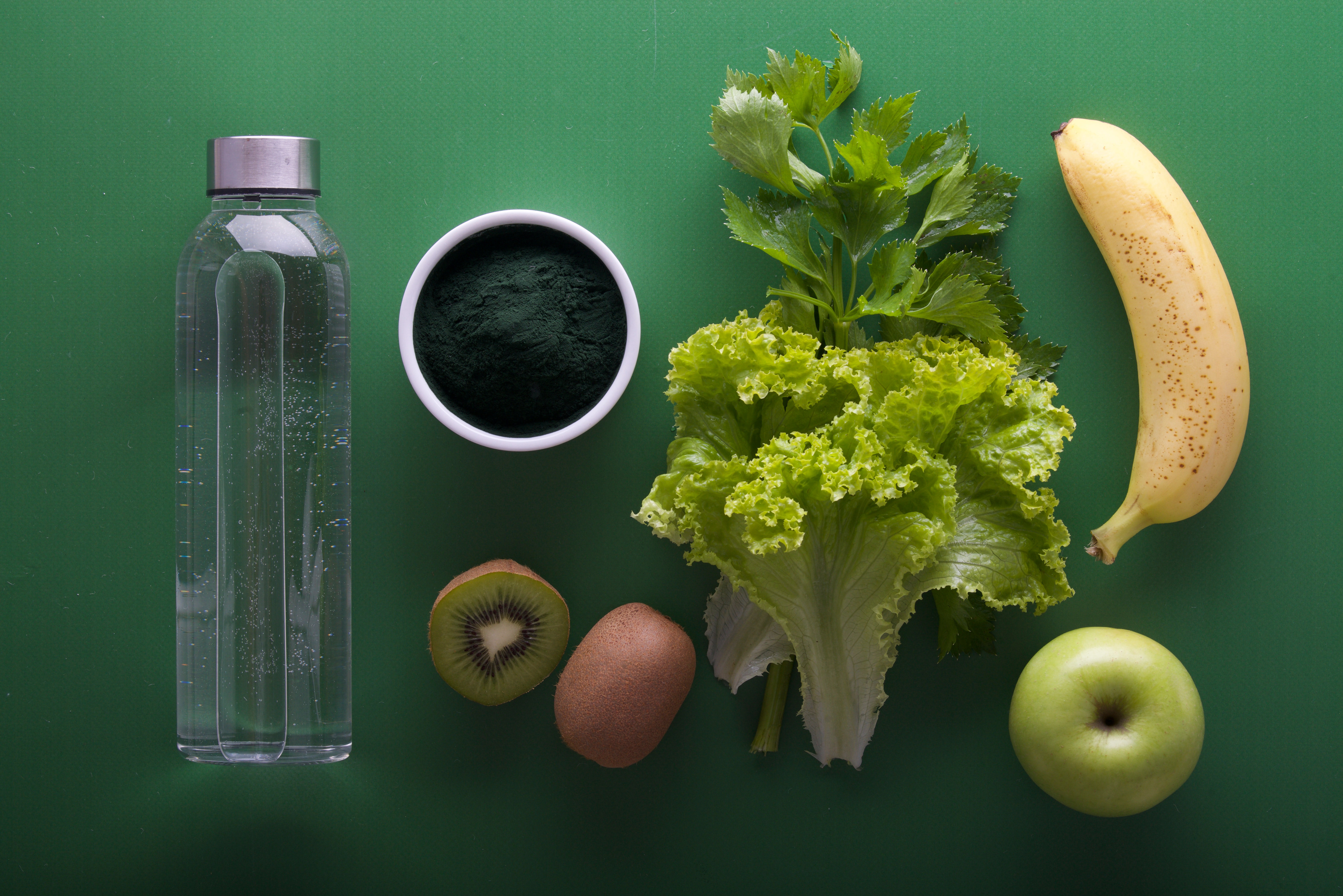
- E-Learning Quality Assurance Team: Shanique Bartley-Alexander
- E-Learning Quality Assurance Team: Sergio Estridge
- E-Learning Quality Assurance Team: Corrinne Hearne
- E-Learning Quality Assurance Team: Lucille Skelton
- Lecturer: Antonia Matthew
- Lecturer: Stephanie Russ Penn
This course is designed to introduce students to the science of nutrition. It explores several fundamental topics related
to the nutrient content of food (i.e. carbohydrates, lipids (fats), protein, vitamins, minerals and water), the digestive
process and how nutrition/diet affects health. Students will be required to complete a personal dietary analysis and
assessment and create a balanced meal. (Pre-requisites: All Pre-College English courses.)
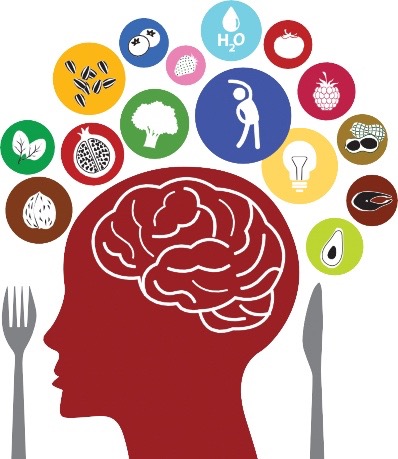
- Lecturer: Stephanie Russ Penn
This systematic and mechanistic approach to the chemistry of the compounds of carbon covers the
following areas: structure and bonding; bonding and molecular properties; alkanes and cycloalkanes;
stereochemistry; alkenes-structure, reactivity, reactions and synthesis; alkynes; alkyl halides;
nucleophilic substitutions and eliminations; alcohols; carboxylic acids and its derivatives. The laboratory portion of this course is an
introduction to the practices and techniques of the contemporary organic laboratory. (Prerequisite: CHE
102 or CHE 112 minimum grade C)
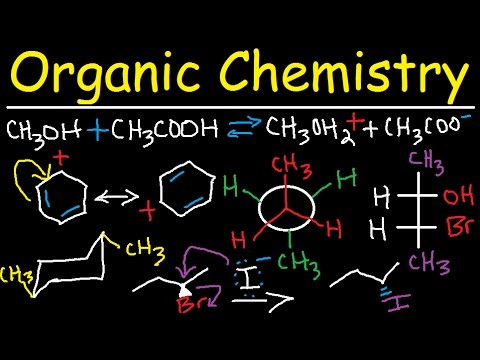
- Lecturer: Ayanna Hogan
This course will apply the skills and techniques needed to conduct independent research. You will have further opportunity to analyse scientific information and present scientific findings in written and oral format. The course will also include literature critiques and writing abstracts, referencing, and making presentations on various topics in the sciences and many activities that involve peer review and group work.(Prerequisite: Minimum grade C in BIO 102 or 112, ENG 104 and the completion or concurrent enrollment in MAT 113). Be ready to help the writing and presenting scientist in you to shine through.
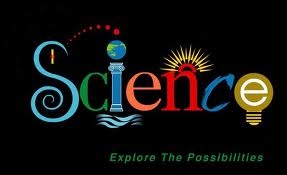
- Lecturer: Lenette Lewis
- Lecturer: Stephanie Russ Penn